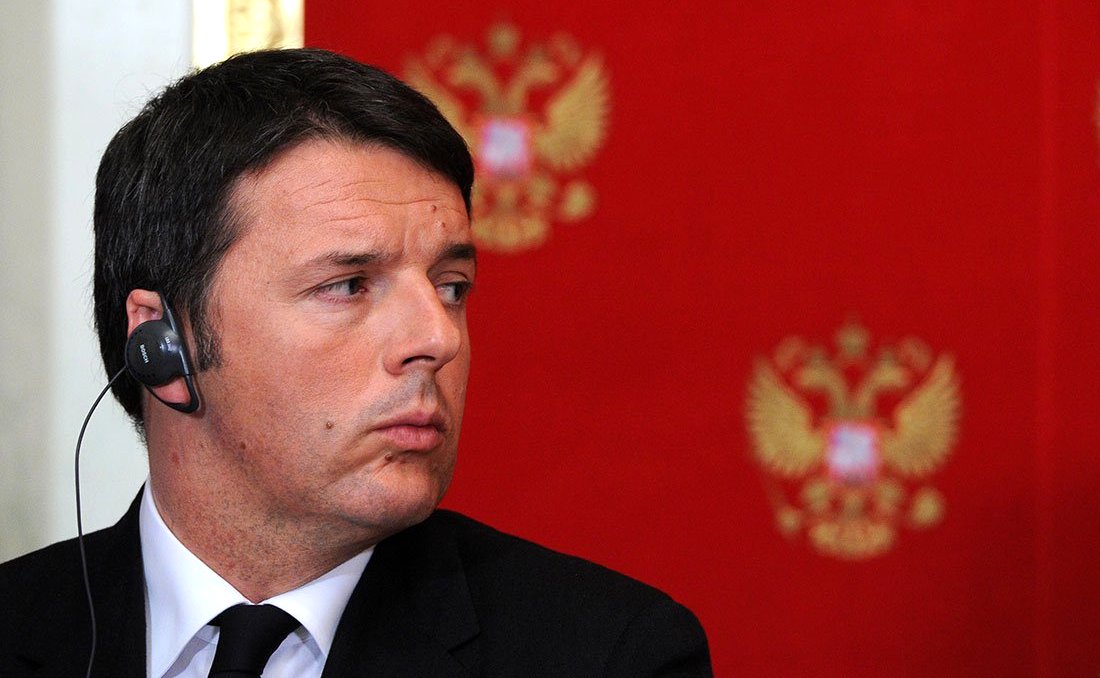2016 Italian Referendum

On Sunday, December 4th of 2016, a constitutional referendum is planning to be held in which voters will be asked whether or not they approve of altering the Italian Constitution to change the Senate of the Republic to a “Senate of Regions.” This new senate would be composed of 100 senators made up of councillors and mayors, who will select a reduced membership rather than have a direct election.
Prime Minister Matteo Renzi first proposed the bill in April 2014, which then received its final approval on April 12th, 2016, and lays ground for one of Italy’s largest constitutional reform in the country’s history. This has been met with harsh criticism from opposing parties, stating that should the bill be approved by the electors, the government will have too much power. Renzi has been accused as being authoritarian for the proposition, and has claimed several times that he would step down as Prime Minister if he were to lose the December 4th vote. However, he has declined answering any questions regarding the matter in recent weeks.
The European Union has expressed concern regarding the referendum in wake of the June 2016 decision made by The United Kingdom to withdraw from the EU; the action commonly known as Brexit. Still staggering from the UK’s shocking decision, the EU worries that Italy’s potential rise in power may pose serious problems within the union.
Interior Minister Angelino Alfano stated that regardless of the outcome of this referendum, the government will not resign, attempting to reassure the people of Italy that their country’s stability remains in tact. This statement also suggests that Prime Minister Renzi would not resign should the proposition be denied, causing even more confusion among Italian citizens.
The current referendum was drawn up in anticipation that electors would vote yes, therefore concerning only the lower house of parliament. Because the reform would end directly elected Senates (the upper house), Italy will most likely need to create a new electoral law.
Perhaps the biggest concern of those who oppose this constitutional referendum is the fact that it may strip Italy of its democratic platforms which were put in place to directly prevent authoritarian rule; a decision made after World War II, which saw the rise of Benito Mussolini. With all this said, the stability of Italy seems weary, but predictions in politics are never guaranteed. Whether or not Renzi were to uphold his position as Prime Minister, this democratic crisis seems to be an issue that may continue for some time.


